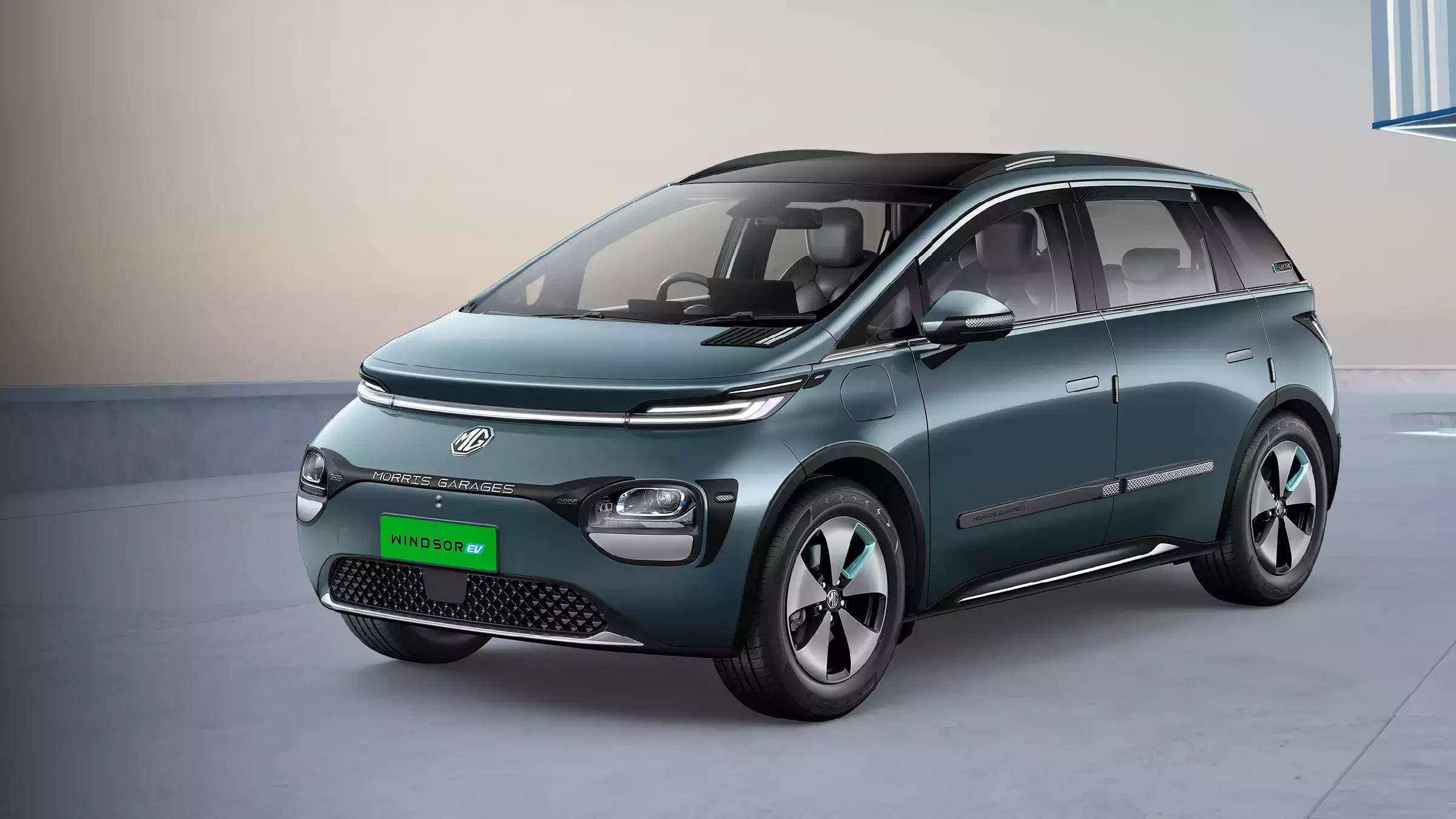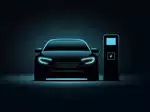Decoding BaaS (Battery-as-a-Service): A game changer in EV segment

India's electric vehicle (EV) market is in a state of transition, supercharged by government programs such as the FAME schemes, increased environmental consciousness among consumers and tech heavy products. This segment is forecasted to expand from US$ 3.21 billion in 2022 to US$ 113.99 billion by 2029, with a 66.52% CAGR. This aspiration is reflected in the 'Make in India' program, encouraging local EV manufacturing and aiming for 80 million EVs on the road by the end of the decade. Furthermore, The prospects for India's EV market look just as positive on the financial front. In 2023, India registered a staggering 49.25 per cent increase in EV sales, with 1.52 million vehicles.
However, any new technology that tries to make in roads, is met with hurdles and skepticism, that requires involvement by its primary stakeholders. Similarly, the EV segment has been surrounded by certain obstacles that needs collaborative efforts to build that trust in EVs among consumers. One of the major obstacles to rapid EV adaptation is the incremental upfront cost as compared to an ICE vehicle. To address this issue, the EV market recently witnessed the roll-out of Battery-as-a-Service (BaaS), which aims to make owning an electric vehicle easier by separating the price of the battery from the price of the body-shell. To understand the concept and gauge its benefits, it is imperative to comprehend the BaaS framework, its operational mechanisms, and its implications for the broader EV market.
What is Battery-as-a-Service (BaaS):
Battery-as-a-Service is basically a battery leasing scheme under which consumers can buy the battery independently of the car. This novel approach turns battery ownership into a subscription, making EVs more affordable and accessible to consumers. Under the BaaS, the customer either buys the body shell outright or through a loan, but the battery cost is broken down into monthly installments through the schemes prepared by the affiliated financiers. It’s a great business model for financiers as well and various financiers have partnered or are partnering to provide customized battery rental options tailored to customer needs. This competitiveness is a win-win situation for customers as they can choose packages to fit their driving patterns and their budgets, with rental periods typically spanning three to five years. This versatility is critical in serving a wide range of clients from the metro commuter to, more importantly, the expanding urban and semi-urban consumer base.
Cost breakdown of BaaS
More than 80% of car buyers purchase their vehicles through financing and this new age financing scheme gives customers the freedom to select a plan that suits their driving patterns, a tenure as per their choice and a monthly installment that is easy on the pocket. For example, certain financiers charge clients a certain amount per kilometer for, upto a specified limit, exceeding which the customers don’t have to pay any additional money. Some plans insist on reserving a certain amount as security deposit and in return there are no specified charges per kilometer, but a standard amount gets deducted on a monthly basis. Under some plans, even if you exceeded the specified kilometeres you are charged for the additional kilometers driven and the additional money then gets adjusted in the corresponding months where the kilometers driven are lesser than the specified limit. Hence, this flexible model generates a spectrum of price structures from flat fees to more compounding kilometre-based fees.
Customer benefits of the BaaS Model
Evidently the most persuasive element of the BaaS model is the potential of significant cost savings. It is to be noted that customers financing their vehicle under BaaS can save significantly over time. For instance, on a MG Windsor that is purchased under the BaaS program, a customer can expect to generate savings up to INR 2.8 lakh over a compact ICE SUV in three years and as high as INR 8.4 lakh over a midsize SUV. BaaS proves to be a unique ownership package that not only helps in making more accessible but also helps in creating a mindset shift among consumers on how they perceive EVs. In addition, such an attractive scheme also helps dealers in managing their EV inventories and attracting newer sets of consumers to be a part of the brand journey.
What happens in the case of a default?
As with any financing arrangement, understanding the implications of non-payment is crucial. If a customer ceases to pay the battery rental fees, the financial institutions retain the right to repossess the vehicle. However, the customer retains the right to receive the money back that he paid outrightly for the shell as per the condition and usage. The defaulted amount is deduced from this sum and the remainder amount is given back to the customer. This flexibility is one way of cushioning the perils of the rental model, offering consumers a sense of security.
Understanding, which is better, traditional purchase v/s purchase under BaaS
Honestly, that depends on the customer’s requirement and their day to day usage pattern. What battery-as-a-service has done, is motivate customers to consider EVs for their next purchase. It has drawn newer customers to showrooms, evaluating whether EVs really make sense. It has generated positive conversations on new-age EV ownership patterns. Ofcourse, a new technology also attracts criticism and disbeliefs, but the role of a responsible OEMs is to work on the constructive criticism and strengthen this model for the future. As electric mobility continues to gain momentum and become mainstream, models like BaaS will play an integral role in shaping the future of transportation, paving the way for viable ownership solutions for EV customers.
(Disclaimer: The article is authored by Gaurav Gupta - Chief Growth Officer of JSW MG Motor India. Views expressed are personal.)

